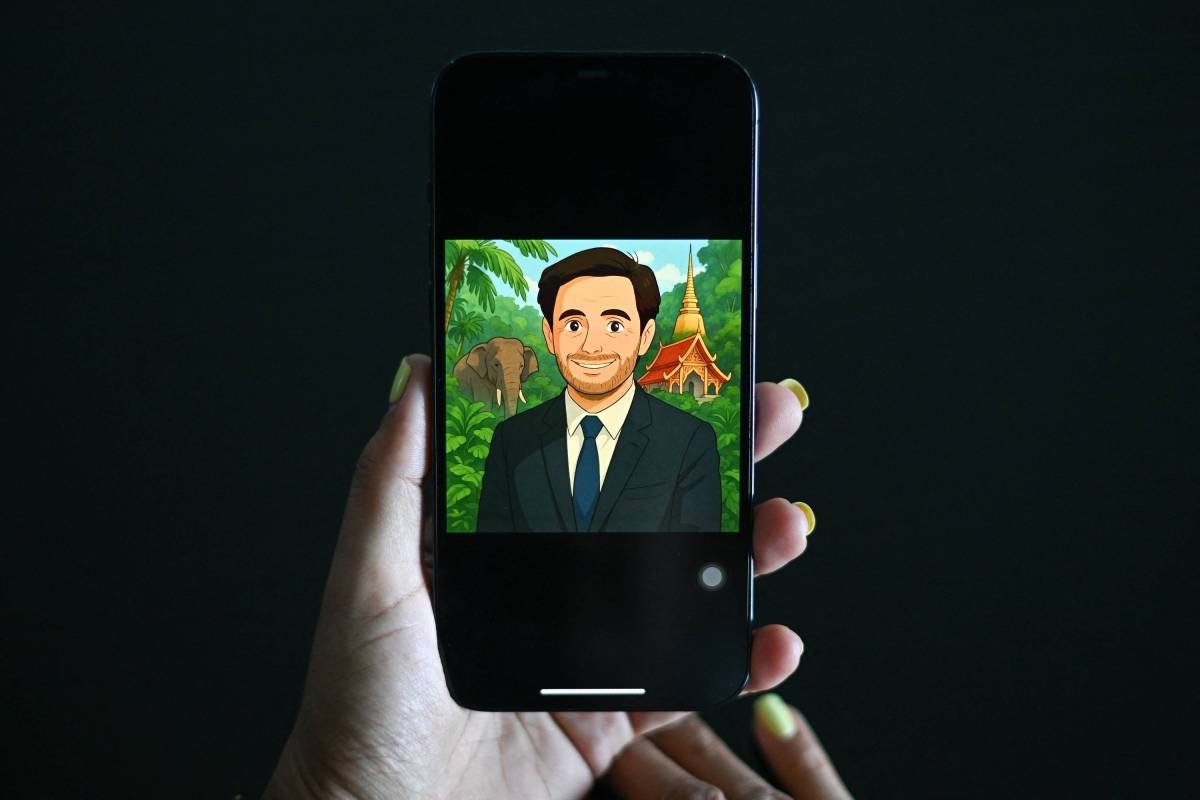Japanese Publishers Demand OpenAI Halt Unauthorized Use of Copyrighted Content
The Content Overseas Distribution Association (CODA), representing prominent publishers such as Studio Ghibli, has sent a letter to OpenAI, urging the tech giant to cease training its AI models on copyrighted materials without explicit consent.
Studio Ghibli’s Position in the AI Landscape
Studio Ghibli, renowned for classics like “Spirited Away” and “My Neighbor Totoro,” has faced significant repercussions from OpenAI’s AI capabilities. Following the launch of ChatGPT’s image generator in March, users began requesting AI re-creations of personal photos in the distinctive style of Ghibli films. OpenAI CEO Sam Altman even altered his profile picture on X to sport a “Ghiblified” version.
CODA’s Formal Request Amid Growing Concerns
As access to OpenAI’s Sora app expands, CODA has formally called on OpenAI to refrain from utilizing its members’ content for AI training without prior agreement.
>be me
>grind for a decade trying to help make superintelligence to cure cancer or whatever
>mostly no one cares for first 7.5 years, then for 2.5 years everyone hates you for everything
>wake up one day to hundreds of messages: “look i made you into a twink ghibli style haha”— Sam Altman (@sama) March 26, 2025
OpenAI’s History of Handling Copyrighted Content
This request reflects ongoing frustration with OpenAI’s tendency to adopt a “forgive, don’t ask” approach when it comes to copyrighted material. This has led to widespread user-generated creations involving copyrighted characters and deceased celebrities. Institutions like Nintendo and the estate of Dr. Martin Luther King, Jr. have raised concerns about this practice.
The Legal Landscape and Copyright Implications
Ultimately, it will be OpenAI’s decision to comply with these requests. If the company chooses not to, affected parties may resort to litigation. However, U.S. copyright law offers limited clarity regarding the use of copyrighted materials for AI training.
With few legal precedents, judges find themselves navigating uncharted waters regarding copyright interpretations, especially since the law has not been significantly updated since 1976. A recent case ruled by U.S. federal judge William Alsup found that Anthropic did not breach laws by training its AI on copyrighted texts, although it was penalized for using pirated copies.
In contrast, CODA asserts that such practices could qualify as copyright infringement under Japanese law.
Japanese Copyright Law and AI Training
CODA has expressed that for AI applications like Sora 2, the reproduction of specific copyrighted works may indeed constitute a copyright violation. According to Japan’s copyright system, prior permission is usually necessary for the use of copyrighted content, eliminating any opportunity to evade liability through subsequent objections.
Hayao Miyazaki’s Stance on AI Interpretations
Hayao Miyazaki, co-founder of Studio Ghibli, has yet to publicly address the rise of AI-generated content inspired by his work. However, his previous response to seeing AI-generated 3D animation was one of profound disapproval; he stated in 2016 that he was “utterly disgusted,” emphasizing, “I can’t watch this stuff and find it interesting. I feel strongly that this is an insult to life itself.”
Here are five FAQs regarding the situation with Studio Ghibli and other Japanese publishers wanting OpenAI to stop training on their work:
FAQ 1: Why are Studio Ghibli and other Japanese publishers asking OpenAI to stop training on their works?
Answer: Studio Ghibli and other Japanese publishers are concerned about the use of their intellectual property in developing AI models. They want to protect their creative works from unauthorized use and ensure that their content is not exploited without proper consent or compensation.
FAQ 2: What specific works are these publishers concerned about?
Answer: The concerns revolve around a range of intellectual properties, including animated films, characters, and other creative works produced by these publishers. This encompasses both popular titles from Studio Ghibli and other regional media that embody unique storytelling and artistry.
FAQ 3: How might this request impact AI development?
Answer: If OpenAI were to comply with this request, it could limit the training data available for AI models, potentially reducing the models’ exposure to certain cultural nuances and storytelling techniques found in Japanese media. This could affect the richness and diversity of AI-generated content.
FAQ 4: Are there any legal implications for OpenAI regarding this request?
Answer: Yes, if these publishers choose to pursue legal action, there could be significant implications. Copyright laws protect their works, and unauthorized use in AI training could be deemed an infringement, which might lead to lawsuits or demands for licensing agreements.
FAQ 5: How can fans of Studio Ghibli and Japanese media respond to this situation?
Answer: Fans can support the creators by advocating for fair compensation and recognition of intellectual property rights. Engaging in discussions about copyright laws, attending events, and supporting official merchandise from these publishers can also help raise awareness of the importance of protecting creative works.


No comment yet, add your voice below!